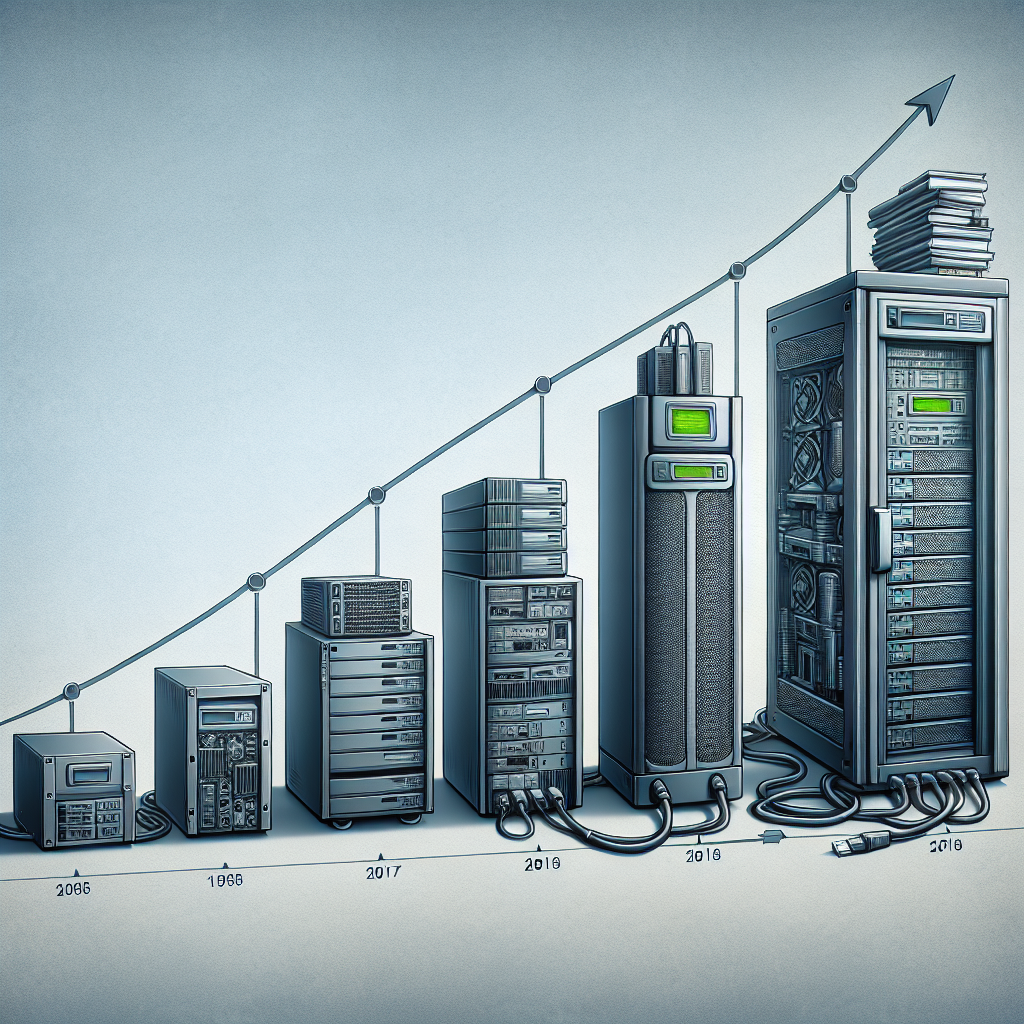The Evolution of UPS Technology in Meeting the Power Needs of Modern Data Centers
In today’s digital age, data centers play a crucial role in storing, processing, and managing the vast amounts of data generated by businesses and individuals. As the demand for data centers continues to grow, so does the need for reliable power solutions to ensure uninterrupted operation. One technology that has evolved to meet this demand is uninterruptible power supply (UPS) systems.
UPS technology has come a long way since its inception, with advancements in design, efficiency, and functionality to address the power needs of modern data centers. In the past, UPS systems were bulky and inefficient, often requiring large amounts of space and energy to operate. However, with the rise of cloud computing and virtualization, data centers have become more compact and energy-efficient, driving the need for UPS systems that are smaller, more efficient, and more reliable.
One of the key advancements in UPS technology is the development of modular UPS systems. These systems consist of multiple smaller UPS units that can be connected in parallel to provide greater flexibility, scalability, and redundancy. This modular approach allows data center operators to easily add or remove UPS units as needed, without having to take the entire system offline. Additionally, modular UPS systems are more energy-efficient, as they can operate at different load levels depending on the demand, resulting in lower energy consumption and reduced operating costs.
Another important development in UPS technology is the integration of energy storage systems, such as lithium-ion batteries, to provide backup power in the event of a grid outage. These energy storage systems can be charged during off-peak hours when electricity rates are lower, and discharged during peak hours to reduce demand charges. This not only ensures uninterrupted power supply to critical IT equipment but also helps data centers save on energy costs and reduce their carbon footprint.
In addition to improved efficiency and reliability, UPS technology has also evolved to incorporate advanced monitoring and management capabilities. Data center operators can now remotely monitor and control UPS systems, track energy usage, and receive real-time alerts in case of any issues. This proactive approach to UPS management helps prevent potential downtime and ensures that data centers remain operational at all times.
As the power needs of modern data centers continue to evolve, UPS technology will play a crucial role in meeting these demands. With advancements in design, efficiency, and functionality, UPS systems have become more reliable, scalable, and cost-effective, making them an essential component of any data center infrastructure. By investing in the latest UPS technology, data center operators can ensure that their critical IT equipment remains protected and operational, regardless of any power disruptions.


